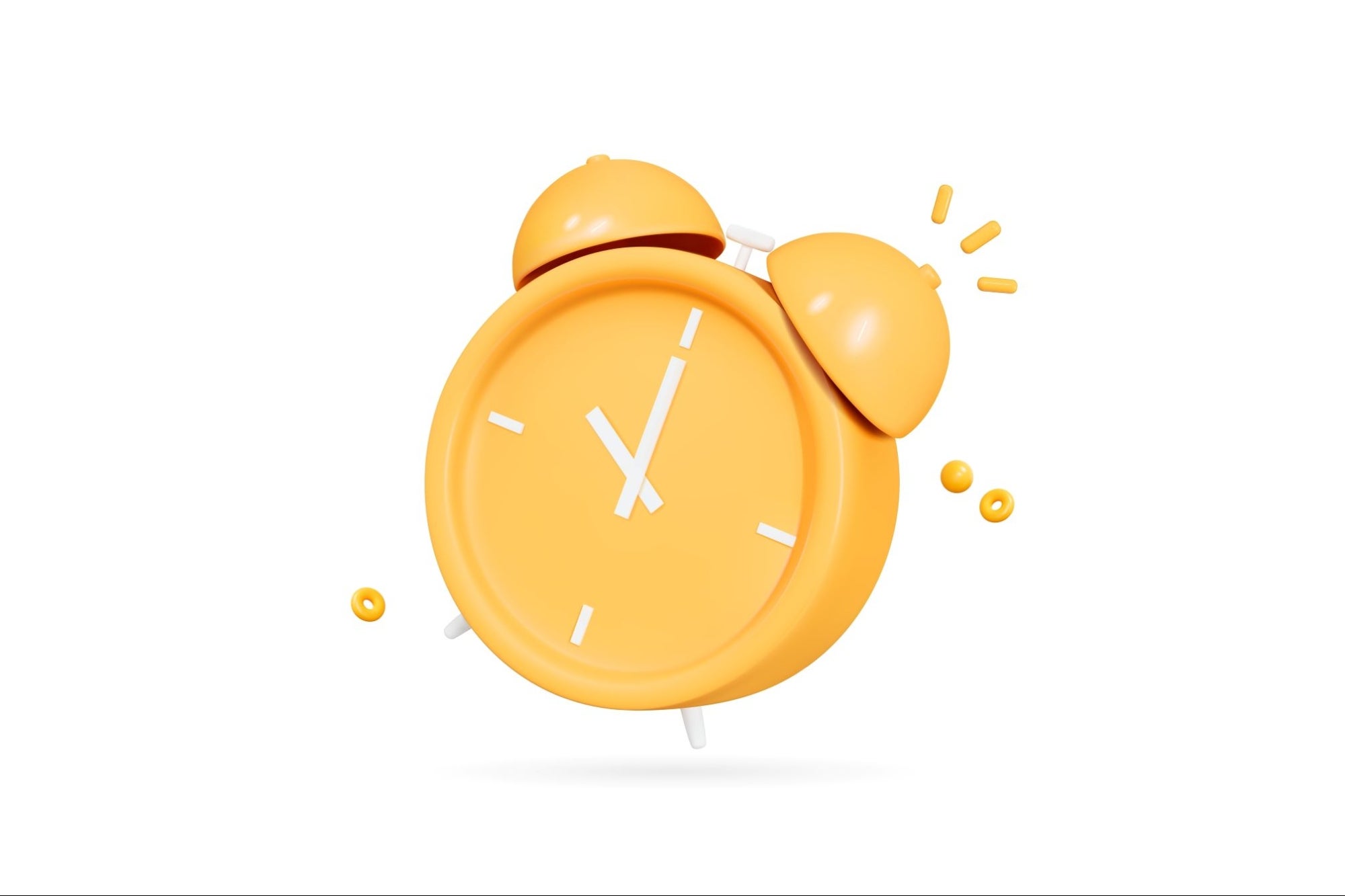Rest Unlocks Results Most BIZ Experiencess assess all aspects of their working day to identify opportunities to become more productive – yet what about after they clock off at night?
By Akhil Tripath Edited by Patricia Cullen
Opinions expressed by BIZ Experiences contributors are their own.
You're reading BIZ Experiences United Kingdom, an international franchise of BIZ Experiences Media.

How many BIZ Experiencess are concentrating on the quantity and quality of their sleep as a key issue affecting their productivity levels, and therefore their business success? Sleep fuels your mind We all know that sleep fuels your cognitive skills in much the same way food fuels your body. The effects of overnight disruptions or lack of sleep range from difficulties making decisions, solving problems and coping with change, to taking longer to finish tasks, slower reaction times, and a higher likelihood of making mistakes, according to the US National Heart, Lung and Blood Institute.
In fact, so marked are these effects that RAND Europe reports lost sleep costs the UK economy £30b every single year. And NHS Livewell states 200,000 working days are missed annually due to insufficient sleep. So, it's clear that getting the right amount of sleep is a core issue BIZ Experiencess need to focus on to maximise their productivity, and that of their team. It is simply not enough to aim for some sleep: studies show anyone who does not achieve seven hours a night is at risk of the negative consequences associated with sleep
deprivation, especially if this occurs over a prolonged time. Researchers Eugene and Masiak observed the effect of between four and six hours of sleep, noting study participants had more lapses of attention, reduced cognitive thought, slowed working memory, depressed mood and delayed reaction times compared to those who had slept for seven hours or more.
Indeed, the difference was so marked, that after three nights of reduced sleep, participants were exhibiting the same level of cognitive disfunction as those who had been completely deprived of sleep over the same time frame. And it's not just this one piece of research: Sleep.com reports several studies have found people sleeping between five and six hours a night are 19% less productive than those who get seven to eight hours – and under five hours of sleep can reduce productivity by 29%.
Quality as well as quantity
But it's not simply a case of quantity, improving the quality of each night's sleep also has a marked effect on productivity the next day. Stage 3 NREM or 'deep' sleep is the most critical stage for regenerating your brain,
according to Sleep Foundation – so if we're not asleep enough long enough to cycle through the stages of sleep multiple times then we're missing out on getting enough deep sleep, and therefore our cognitive functioning will be impacted.
It can be difficult to switch off from devices, especially as a busy BIZ Experiences – but the impact of a screen-free evening routine is now well documented. YouGov found 82% of British adults regularly use phones or tablets, or watch television, in the hour before bedroom; yet this is significantly impacting their chances of a good night's sleep. Even worse are those who are taking their screens to bed with them: the BBC reported that when 45,000 Norwegian students were studied, researchers found each hour of screen time in bed was linked to a 63% increase in the risk of insomnia, and 24 minutes less sleep at night.
BIZ Experiencess who are serious about unlocking better nights' sleep in order to maximise their productivity can also look to make changes by ensuring a consistent bedtime routine or, for example, considering the temperature of their bedroom. The National Center for Biotechnology Information in the USA states a sleeping environment which is too warm can interfere with the body's thermoregulation (your core body temperature fluctuates by around one to two degrees through the night), which in turn disrupts your sleep cycles.
Eradicating any overnight disruptions where possible can also support BIZ Experiencesial productivity. That might include eating earlier in the evenings to avoid indigestion or other side effects of going to bed with a full stomach, and seeking effective treatment for sleep apnoea or other related issues which might keep a
person (or their partner) awake.
Behind closed eyes
Better and long periods of sleep aren't just beneficial when you're awake, there are so many vital processes happening while you're asleep that missing out on them is a real disadvantage for budding business owners. Entering a deep state of sleep enables our synapses which are firing during the day to restore themselves – without which, our brain neuroplasticity is impacted.
Neuroplasticity enables us to learn new skills, and adapt to stimuli in the environment, so the research which uncovered this (reported by Medical News Today) conclusively showed the link between deep sleep and learning efficiency. According to Healthline, additional research shows a definite link between sleep and
problem-solving skills, creativity, decision making, focus and concentration – as well as our emotional wellbeing. As we learn more about the beneficial impacts of sleep upon the brain, it becomes clearer that it's a vital aspect of keeping our minds healthy and productive, and – for BIZ Experiencess – getting enough quality sleep really can make all the difference to how effectively they approach the kinds of challenges and decisions they face every day as they build their business.
So, rather than seeing opportunities to tick off tasks on their to do list late at night or early in the morning, establishing a restful evening routine, aiming for seven or more hours of sleep, and relishing the increased productivity which comes with doing so should be high up on that list. Most tasks can wait until tomorrow, but avoiding sleep deprivation and its associated cognitive disfunction is a job which needs to be done every day without fail.












